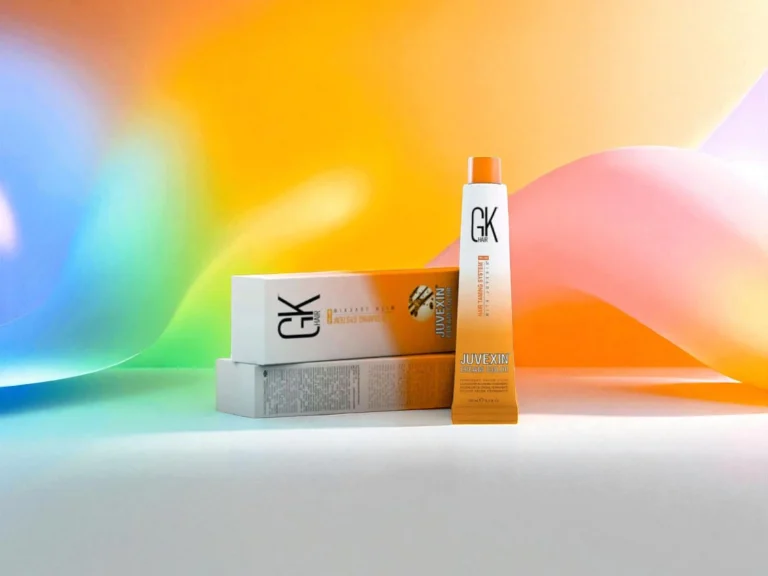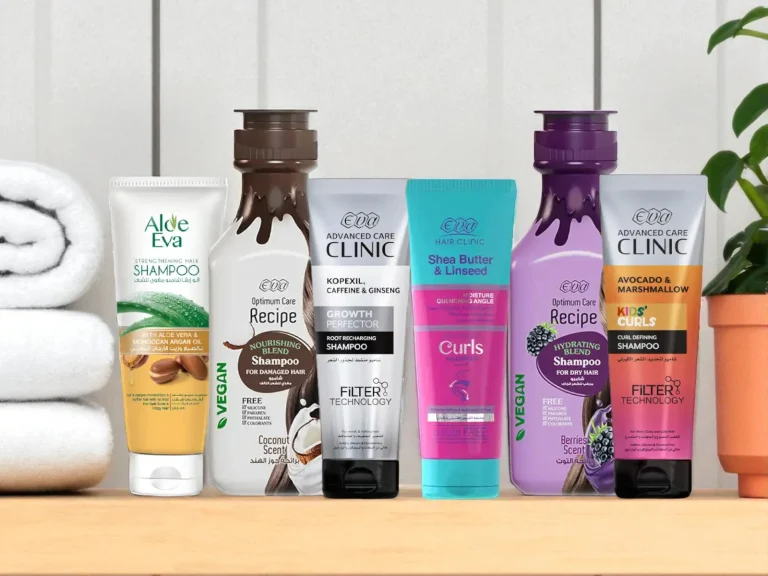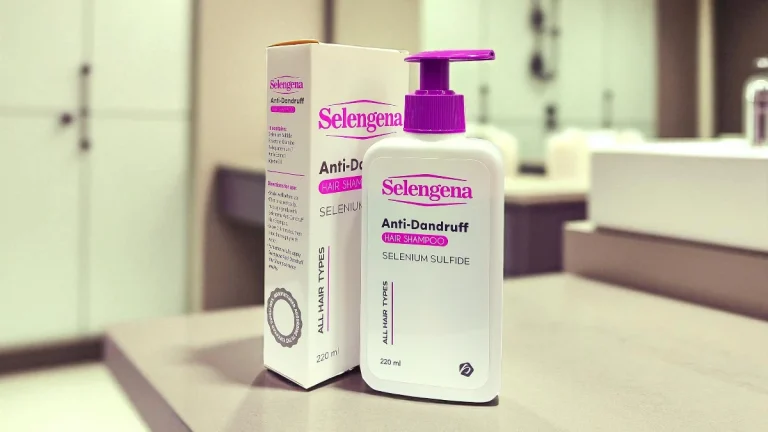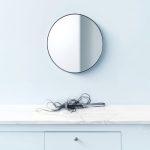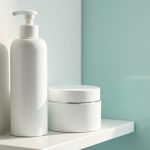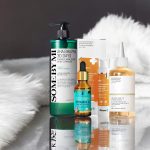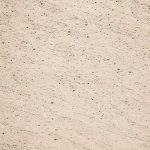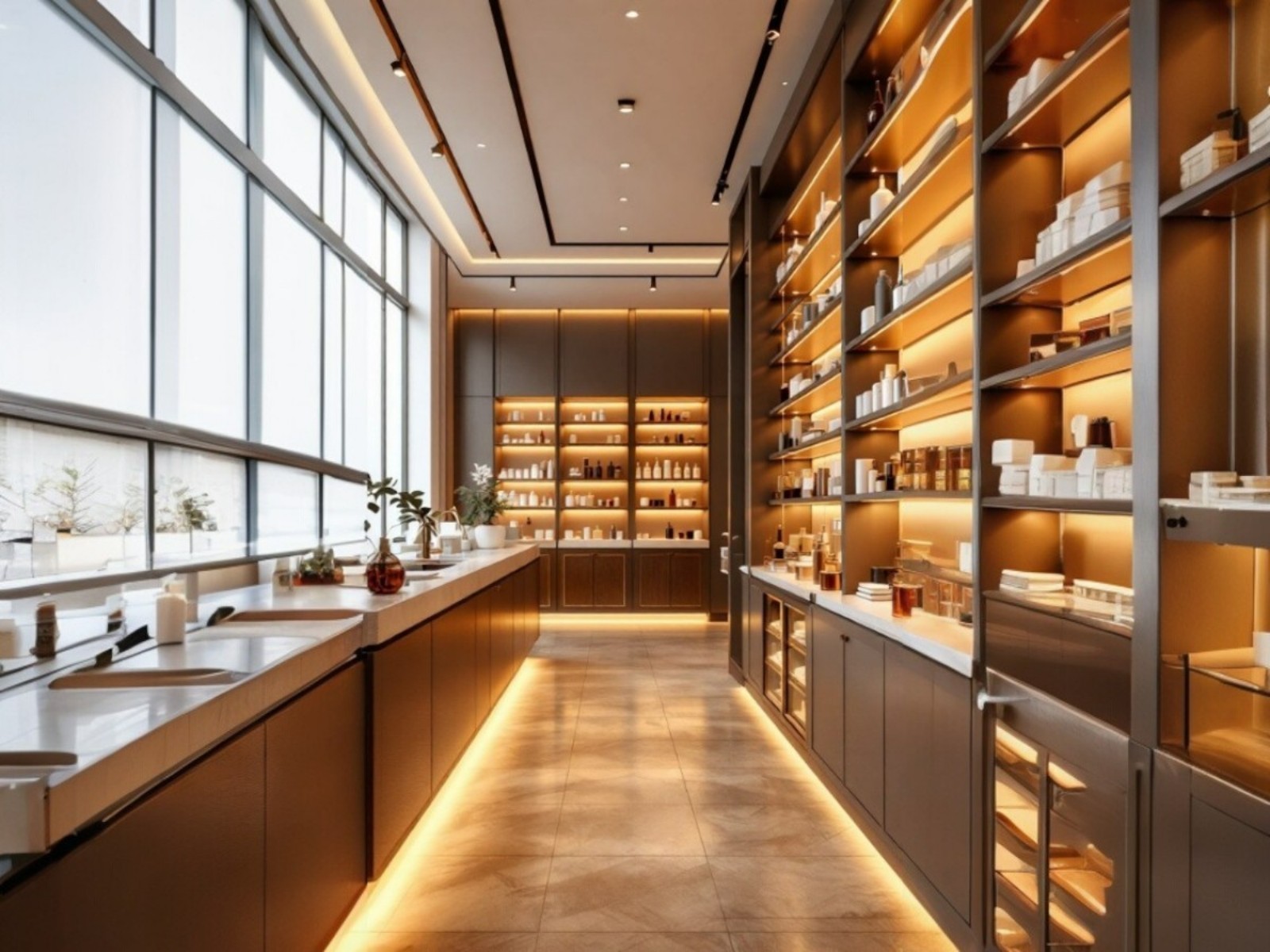
يعاني الكثير منا من الحبوب خاصة اصحاب البشرة الدهنية نتيجة زيادة افراز الدهون وزيادة فرص انسداد المسام وتكون الحبوب وفي هذا المقال سنتناول أربع طرق فعالة لعلاج حب الشباب يمكن استخدامها للحصول علي بشرة نقية خالية من حب الشباب.
أنواع حب الشباب
ينقسم حب الشباب الي نوعان هما:
- الحبوب الملتهبة.
- فقاعات حمراء ملتهبة.
- فقاعات حمراء ملتهبة أو بثور ملتهبة وبها صديد.
- كتل أو عقد تحت الجلد.
- كتل أو عقد تحت الجلد وبها صديد.
- الحبوب غير الملتهبة.
- الرؤوس البيضاء.
- الرؤوس السوداء.
أسباب ظهور حب الشباب
يظهر حب الشباب نتيجة انسداد المسام كالتالي:
- انسداد المسام السطحي ينتج عنه الرؤوس البيضاء.
- انسداد المسام العميق ينتج عنه الرؤوس السوداء.
- انسداد المسام مصحوب بالتهاب ينتج عنه فقاعات حمراء ملتهبة.
- انسداد المسام مع التهاب وصديد ناتج عن اصابة بكتيرية يؤدي الي بثور ملتهبة.
- انسداد المسام العميق مصحوب بالتهاب ينتج عنه عقد تحت الجلد.
- انسداد المسام العميق مع التهاب وصديد ناتج عن اصابة بكتيرية يؤدي الي عقد صديدية تحت الجلد.
عند انسداد المسام بفعل الاتربة أو خلايا الجلد الميتة أو الدهون تتجمع الدهون اسفل الجلد وتصبح وسط مناسب لنمو البكتيريا والتي تسبب التهابات بكتيرية ومن ثم الحبوب الملتهبة بانواعها.
الوقاية من حب الشباب
نصائح هامة للوقاية من حب الشباب يجب اتباعها باستمرار ولا تخص فقط اصحاب البشرة الدهنية ولكن كل انواع البشرة عرضة لانسداد المسام وتكون حبوب البشرة بانواعها الملتهبة والغير ملتهبة.
- استخدام غسول مرتين يوميا لتنظيف البشرة وازالة الاتربة والخلايا الميتة وفتح المسام.
- استخدام مزيل مكياج لازالة المكياج والحرص علي ازالته كاملا.
- استخدام مزيل المكياج لازالة واقي الشمس وتنظيف البشرة من أي كريم تم استخدامه.
- استخدام تونر مقشر باحماض الفواكه مرتين يوميا لفتح المسام والتنظيف العميق للبشرة.
- استخدام كريم مرطب للبشرة بزيت شجرة الشاي أو أي مادة مضادة للبكتيريا لحماية البشرة من الالتهابات البكتيرية.
- استخدام كريم أو لاصقات باحماض الفواكه مثل السالسيليك أو الجلايكوليك أو اللاكتيك علي الحبوب سواء الملتهبة أو الغير ملتهبة فور ظهورها لفتح المسام وانهاء الحبوب.
- استخدام منتجات العناية بالبشرة الخالية من الدهون والمواد التي تسد المسام.
- اختيار المكياج المناسب للبشرة المعرضة لحب الشباب بدلا عن المكياج العادي.
- شرب كمية كافية من الماء يوميا للحفاظ علي البشرة رطبة ونظيفة.
- تقليل تناول الاغذية الغنية بالدهون والشوكولاتة وتناول اغذية صحية غنية بالبروتين والعناصر الغذائية الهامة وفيتامينات للبشرة.
طرق علاج حب الشباب
هناك طرق عديدة لعلاج حب الشباب ويجب استخدام الطريقة المناسبة لكل نوع من انواع الحبوب للحصول علي أفضل النتائج ومن هذه الطرق التالي:
- استخدام لصقات باحماض الفواكه لفتح المسام.
- استخدام كريم باحماض الفواكه لفتح المسام.
- استخدام كريم مضاد للبكتيريا للقضاء علي البكتيريا المسببة لحب الشباب.
- استخدام مضاد حيوي عن طريق الفم لمكافحة البكتيريا المسببة لحب الشباب خاصة مع الحبوب العميقة والعقد الملتهبة.
- استخدام مركبات الايزو تريتينوين وتحتاج لاشراف طبي وفحوصات طبية عند استخدامها.
- استخدام الليزر لتقشير البشرة والقضاء علي الحبوب مثل الليزر الكربوني والفراكشنال.
- استخدام التقشير الكيميائي أو التقشير البارد في عيادات الجلدية والتجميل.
- استخدام الضوء الاحمر والازرق.
أولا: أدوية لا وصفية لعلاج حب الشباب
هناك العديد من المنتجات اللا وصفية التي يمكن استخدامها لمكافحة حب الشباب والتي تباع في الصيدليات والهايبرماركت مثل غسولات البشرة وتونر البشرة ولصقات حب الشباب وكريمات البشرة باحماض الفواكه ومايجعل كل هذه المنتجات مفيدة وذات تأثير فعال في علاج حب الشباب هو احتوائها علي مواد فعالة مثل:
- احماض الالفا هيدروكسي والبيتا هيدروكسي مثل حمض السالسيليك والجلايكوليك واللاكتيك.
- البنزويل بيروكسيد وهو من المواد ذات التأثير القوي علي البكتيريا المسببة لحب الشباب.
- زيت شجرة الشاي وتعمل كمضاد للبكتيريا للعلاج والحماية من البكتيريا المسببة لحب الشباب.
- النياسيناميد والزنك وحمض الازيليك ولهم دور فعال في تقليل افراز الدهون.
غالبا ماتستخدام المنتجات اللا وصفية لعلاج حبوب الشباب الغير ملتهبة مثل الرؤوس البيضاء والسوداء وحبوب الشباب الملتهبة مثل الفقاعات أو الحطاطات والبثور.
ثانيا: أدوية تصرف تحت اشراف الطبيب لعلاج حب الشباب
يصف الاطباء بعض الادوية لعلاج حب الشباب وخاصة في الحالات التي لا تستجيب للمنتجات الغير وصفية أو حالات حب الشباب العميقة كالعقد تحت الجلد والحويصلات الملتهبة مثل:
- مضاد حيوي موضعي أو فموي للقضاء علي البكتيريا المسببة لحب الشباب مثل المينوسيكلين والدوكسي سيكلين والكلينداميسين.
- مركبات الايزوتريتينوين وهي مشتقة من فيتامين أ ولها دور فعال وقوي في زيادة معدل تجدد خلايا البشرة والتخلص من الحبوب حتي الحبوب العميقة.
ثالثا: جلسات علاج حب الشباب بعيادات الجلدية والتجميل
بالاضافة للمنتجات التي يمكن ان يصفها طبيب الجلدية والتجميل لعلاج حب الشباب في المنزل فهناك بعض الجلسات أو الاجراءات التي قد يقوم بها بعيادة الجلدية والتجميل لعلاج حب الشباب مثل:
- جلسات تنظيف البشرة وازالة الرؤوس البيضاء والسوداء:
- جلسات الميزوثيرابي لعلاج حب الشباب:
- جلسات التقشير البارد.
- جلسات الليزر الكربوني.
- جلسات الليزر الفراكشنال.
- جلسات الضوء.
رابعا: خلطات طبيعية لعلاج حب الشباب
هناك بعض المواد الطبيعية التي يمكن استخدامها لعلاج حب الشباب مثل:
- زيت شجرة الشاي يمكن استخدامه كمضاد للبكتيريا علي الحبوب الملتهبة.
- يمكن استخدام الصبار كمرطب ومرمم ومضاد لالتهاب البشرة.
- يمكن استخدام العسل علي الحبوب كمضاد للبكتيريا أو كماسك للبشرة لحمايتها من العدوي البكتيرية.
- يمكن استخدام عصير الليمون لتنظيف البشرة من الشوائب وفتح المسام.
أربع طرق فعالة في علاج حب الشباب
اذا كنت تعاني من حب الشباب وتريد حل هذه المشكلة بفاعلية فيجب عليك اولا معرفة نوع الحبوب ومن ثم يمكنك تحديد اي الطرق أفضل لك في العلاج كالتالي:
- الرؤوس البيضاء والسوداء يمكن التخلص منها بسهولة عن طريق جلسات التنظيف السريعة بعيادات الجلدية والتجميل أو عن طريق استخدام المنتجات اللا وصفية في المنزل.
- الحبوب الملتهبة السطحية كالحطاطات والبثور يمكن علاجها بمزيج من الأدوية الوصفية والمنتجات اللا وصفية لذلك ينصح بزيارة طبيب جلدية وتجميل لعلاج مثل هذا النوع من الحبوب. كما يمكن علاجها بجلسات الميزوثيرابي والضوء.
- العقد العميقة اسفل الجلد والحويصلات الملتهبة تحت الجلد تتطلب ايضا اشراف طبي لاستخدام مركبات الايزو تريتينوين في العلاج للتخلص من الحبوب العميقة تحت الجلد. كما يمكن ايضا علاجها عن طريق التقشير البارد أو الكيميائي وجلسات الليزر الكربوني والفراكشنال تبعا لما يقرره الطبيب.

